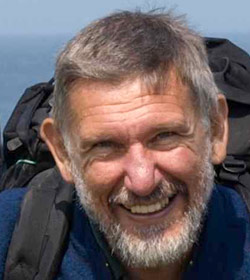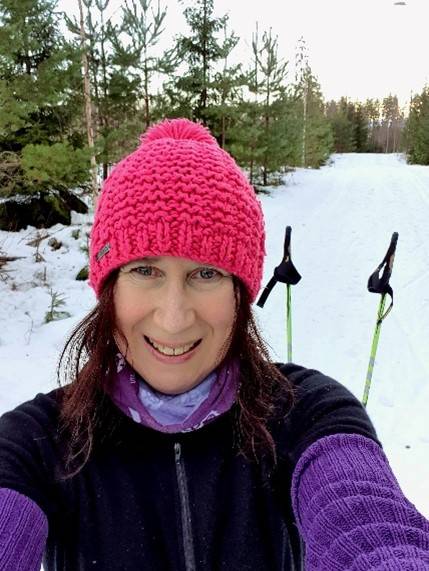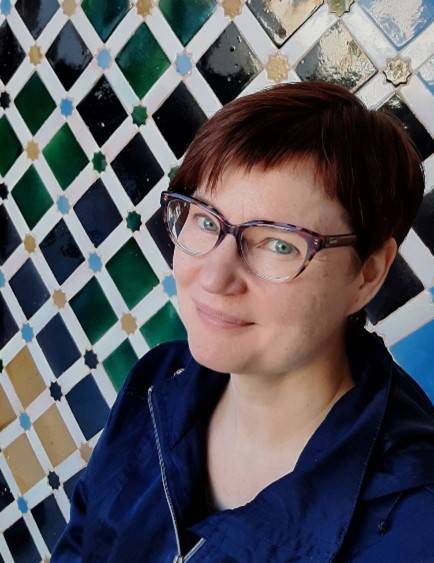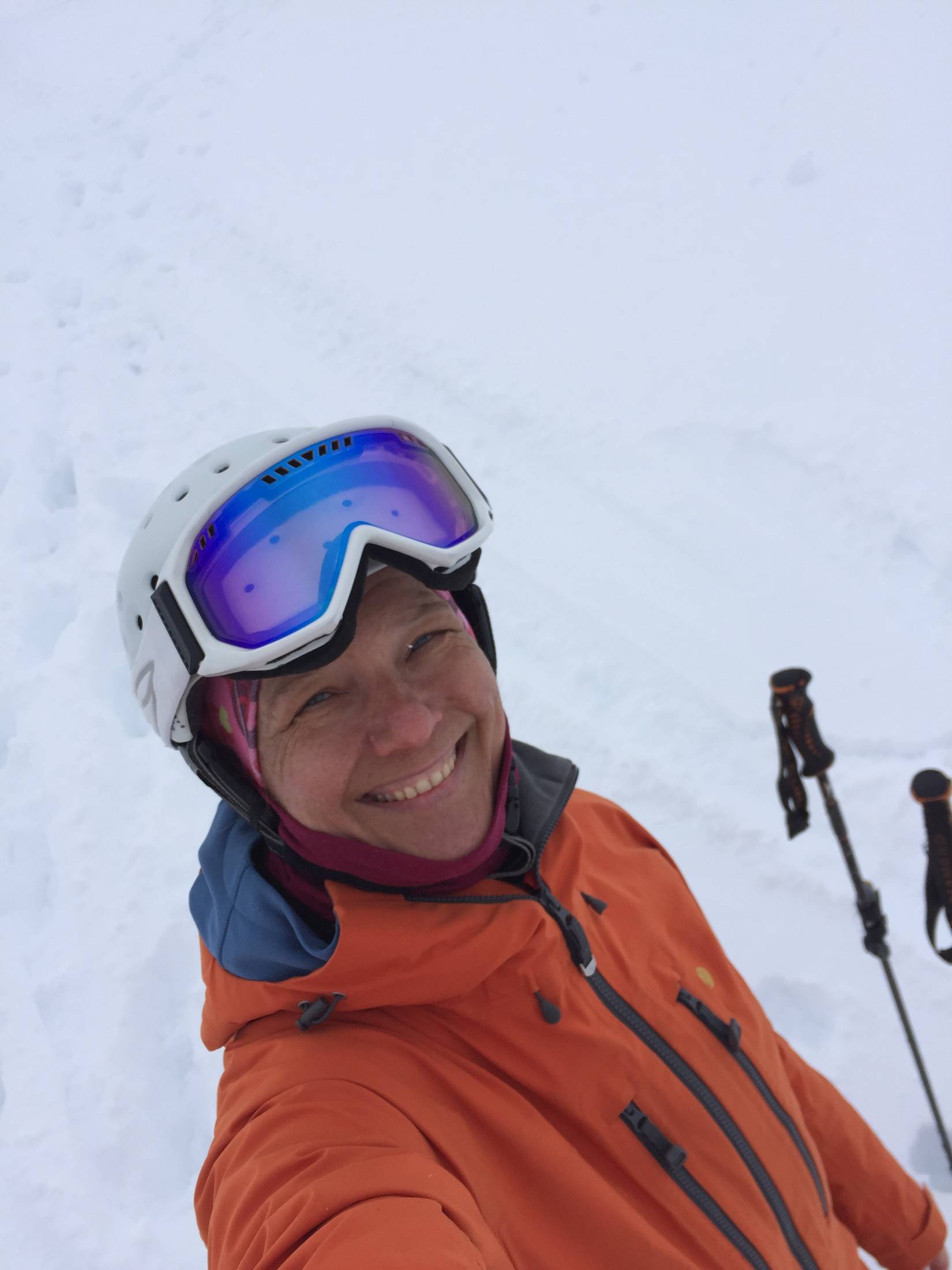Keynotes
Untying the knots: what can Outdoor Education contribute to the needs of the future
A central role of education is to support the development of the young adult citizen. Over the 20th century education has adapted its approach to encourage new forms of citizenship relevant to the rapidly changing culture. Outdoor Education was increasingly introduced in European country after country as one strand in this changing educational landscape. My career in the UK provides an insight into 50 years of these trends and my links with EOE a perspective into 30 years of changes in Europe.
Today, change has never been faster or more urgent and a new citizen, perhaps a flexible and transforming person, could be a part of the way forward. Education and Outdoor Education may face political choices as not all futures may be such liberal visions. I will use my experience of 50 years to reflect on what kind of citizen OE could support and the part this could play in influencing citizens for the future.
Speaker:
Chris Loynes, Professor of Human Nature Relations, University of Cumbria

Re-thinking the significance of nature adventures in the light of a sustainable future: A case study of nature-based school camps for 9th graders
The presentation is based on the action research called "NOW! From anxiety to young people's environmental-political agency" (Tampere University, 2020-2023), in which three adventurous nature-based school camps were organized for ninth graders. We invited young people as co-researchers to the school camps to think about how minors’ environmental citizenship and agency could be supported in everyday life and society in general. In the presentation, we will focus on how adventuring in nature can support the building of a sustainable future. The young co-researchers brought up familiar things from adventure education, but also new aspects, such as the significance of joy and stopping in adventuring and environmental agency. The study shows that a sustainable future and sustainable well-being could be even more promoted in education by focused reflection on adventures, nature experiences and human-nature relationships.
Speakers:
Maarit Marttila, PhD (physical education), works as a postdoctoral researcher at Tampere University in NOW! research project and as a lecturer at the upper secondary level (Tampere, Finland), teaching physical and health education, work ability and well-being. She has studied outdoor adventure education, the increasing of exercise in natural environments, physical education, applied physical education, co-teaching and embodied experiences. She has 25 years of experience in using outdoor adventure education as part of teaching and guidance in schools and youth work.

Mari Pienimäki, PhD (docent in contemporary culture), works at Tampere University in NOW! study, being the responsible researcher of the project. In her studies, she has focused on young people at the margin of society due their age, ethnicity or learning difficulties, for instance. She is interested in the competences, opportunities and challenges young people have in fulfilling their potential and taking part in the practices, communities, and discussions of our (mediatized) society, such as the tackling of climate change. Her research is highly multidisciplinary, locating now in the intersection of youth studies and the research on nature, sustainability, adventure education and social media.

Resilience – Adventure Educator’s Future Competence in a Changing World
Traditionally outdoor and adventure educator’s competencies are divided into hard and soft skills. Hard skills include competences in technical skills and risk management. Soft skills are often considered skills for instructing and leading. When educators combine these skills in practice and aim for a meaningful educational process, one also needs facilitation skills with reflection knowledge.
When training future adventure education professionals, it is important to recognize also the new needs for competence selection. The aim in training is to convey such competences to the students that give them abilities to plan and execute activities in a safe and goal-oriented manner, and give them the tools and understanding to face people in this constantly changing and unstable world. In training program curricula, we should add growing emphasis on topics such as self-reflection, resilience and emotional intelligence, in order to better support students for uncertain future. Studying and understanding the importance of these topics will benefit our future adventure and outdoor educators themselves and especially give them competencies to work with their future target groups.
My presentation will enlighten how we at Humak bring up topics such as tolerance for adversity and uncertainty and resilience, and how the theoretical basis of the studies is incorporated with the experiences from our field trips.
Speaker:
Eeva Mäkelä (M.Soc.Sc) works as a senior lecturer at Humak University of Applied Sciences and teaches adventure and outdoor education. She started her educator career with National Outdoor Leadership School and has been teaching and co-developing Humak’s adventure education programmesfor 20 years. She also works an avalanche instructor and ski guide in Northern Scandinavia.
